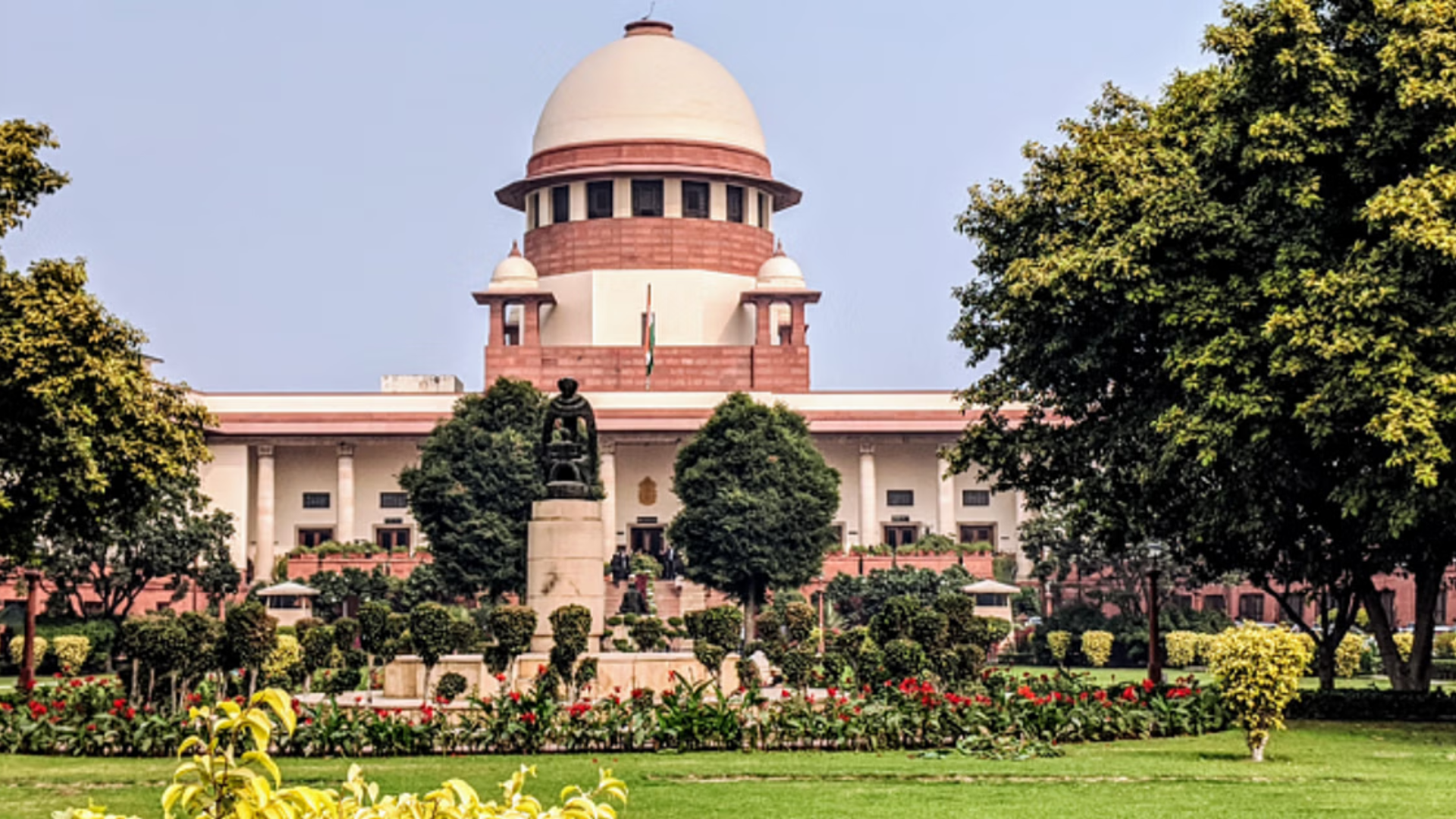The Supreme Court on Monday declined to entertain a plea seeking the formation of an expert committee to evaluate the viability of three new criminal laws: Bharatiya Nyaya Sanhita 2023, Bharatiya Nagrik Suraksha Sanhita 2023, and Bharatiya Sakshya Adhiniyam 2023.
A bench comprising Justices Bela M Trivedi and Pankaj Mithal rejected the plea filed by advocate Vishal Tiwari. After the court expressed its reluctance to hear the petition, Tiwari withdrew the plea.
The court also criticized the casual manner in which the petition was filed. Advocate Tiwari had requested the Supreme Court to issue specific directions, policies, and regulations, including guidelines to immediately form an expert committee led by a former Supreme Court judge. This committee would include judges, senior advocates, and legal jurists to assess the viability of the three new criminal laws.
In his public interest litigation, Tiwari also sought a declaration that sections 187(2) (3), 43(3), 173 (3), and 85 of the Bharatiya Nagrik Suraksha Sanhita 2023 were ultra vires or unconstitutional, violating Article 21 of the Indian Constitution. He also requested that the operation and implementation of the three new criminal laws be continued.
Tiwari filed the litigation under Article 32 of the Indian Constitution against the new bills introduced by Union Home Minister on August 11, 2023: Bharatiya Nyaya Sanhita, Bharatiya Sakshya Adhiniyam, and Bharatiya Nagarik Suraksha (Second) Sanhita, 2023. These bills aimed to overhaul the country’s criminal laws by replacing the Indian Penal Code 1860, Code of Criminal Procedure, and Indian Evidence Act 1872. He claimed the proposed bills were flawed and inconsistent.
“The above-proposed bills were withdrawn and new bills were produced with some changes. These were passed in Parliament on 21st December 2023 and were published in a gazette notification on 25th December 2023 and all have now assumed the position of an Act,” the petition read.
According to the petition, these three criminal laws were passed and enacted without any parliamentary debate, as most Members of Parliament were suspended during that period.
“Parliamentary debate is a fundamental part of democratic lawmaking. In parliament, members debate bills before they vote on them. Because debates are public, they provide Members of Parliament (MPs) an opportunity to represent the views of constituents on the floor and give voice to voters’ concerns. The parliamentary discussions and debates are paramount for legislative portrayal because they generate relationships between people and their representatives and also provide an opportunity to discuss government policy, proposed new laws, and current issues. Debates and discussions help make necessary adjustments and amendments to a bill so that it can effectively fulfil its purpose. These can be helpful in courts while interpreting laws,” the petition stated.
The petition criticized the titles of the bills, arguing that they did not accurately reflect the statutes’ content and purpose, thus creating ambiguity.
The Bharatiya Nyaya Sanhita retains most offenses from the Indian Penal Code of 1860, adds community service as a punishment, and replaces sedition with a new offense for acts endangering India’s sovereignty, unity, and integrity. It also introduces terrorism as an offense, defined as acts threatening the nation’s unity, integrity, security, intimidating the public, or disturbing public order.
“Organised crime has been added as an offense. It includes crimes such as kidnapping, extortion, and cyber-crime committed on behalf of a crime syndicate. Petty organized crime is also an offense now. Murder by a group of five or more persons on grounds of certain identity markers, such as caste, language, or personal belief, will be an offense with a penalty of seven years to life imprisonment or death,” the petition added.







